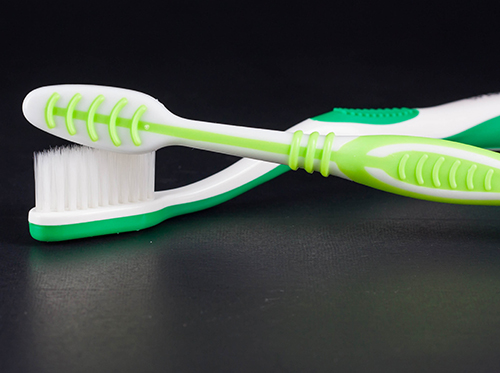
Have you ever thought about how you're cleaning and storing your toothbrush when you're not using it? Did you know that the way you store your toothbrush could have an affect on your oral health? In this post, we'll look at some steps you can take to maximize toothbrush cleanliness and minimize bacteria.
Below are some tips from Drs. Phillip and Greg Wolkstein for toothbrush use and storage:
- Don't share your toothbrush – This may seem obvious, but sharing a toothbrush exposes both users to bacteria and microorganisms from the other user, which can increase chances of infection. You should also avoid storing your toothbrush in the same container as other people’s toothbrushes.
- Thoroughly rinse your toothbrush after each use – Rinsing your toothbrush well under running water will help remove food particles, toothpaste, and other debris from the bristles of your brush.
- Store your toothbrush in an open-air container not a sealed one – Putting a wet toothbrush in a sealed container creates a favorable environment for microorganisms and bacteria.
- Soak your toothbrush in an antibacterial mouthwash after use – There is some evidence to suggest that soaking your toothbrush in an antibacterial solution may reduce the amount of bacteria present on the toothbrush.
- Change your toothbrush every three months – The bristles of your toothbrush become less effective and frayed after repeated use so it's a good idea to replace it on a regular basis. It's also wise to replace it after you've been sick.
There are many simple things you can do to make your oral-care regimen as clean as possible. Use common sense when storing your toothbrush—don't put it in a dirty place like the edge of your sink or in the shower (please, not by the toilet!), and keep it upright in a cool dry place—and you're usually good to go. If your toothbrush is looking a little worse for wear, drop by our San Jose, CA office and we'll be glad to provide you with a new one!

